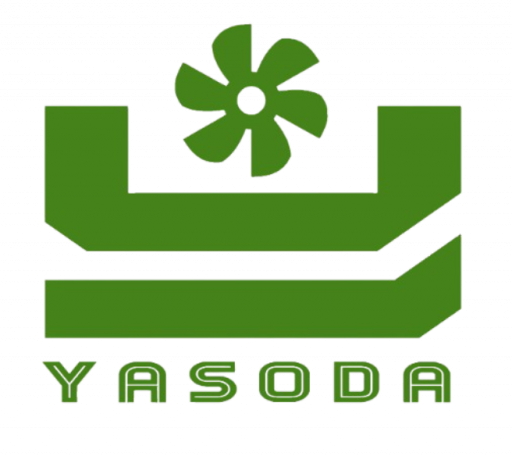- Poor hood design
Inadequate hood design or improper sizing can lead to inefficient capture and containment of grease-laden vapors. If the hood is too small or improperly positioned relative to the cooking equipment, grease may escape and accumulate on nearby surfaces, resulting in leaks over time.


